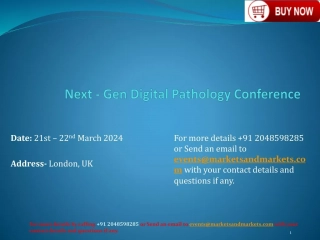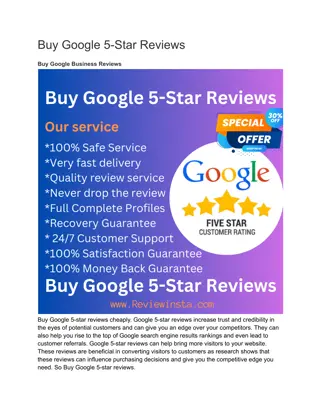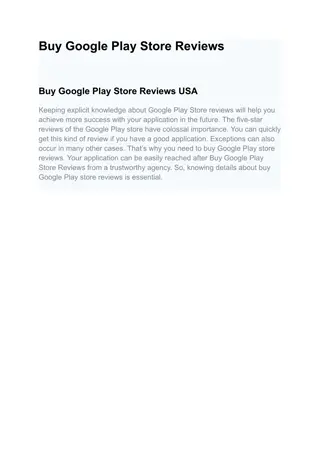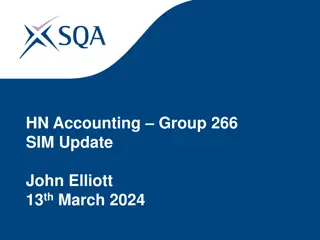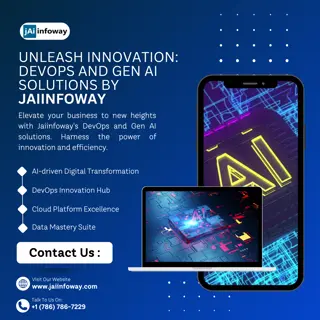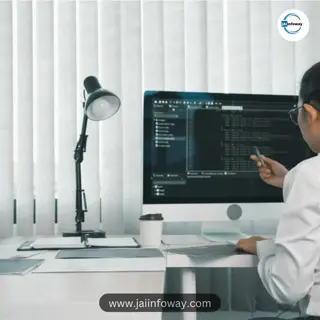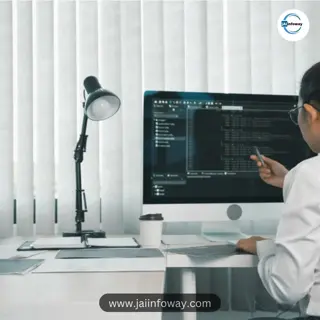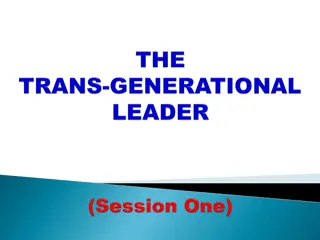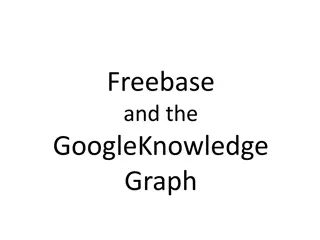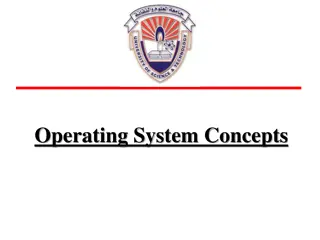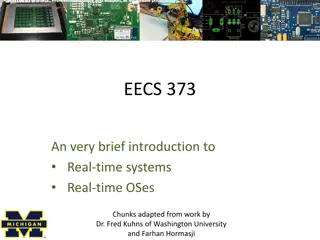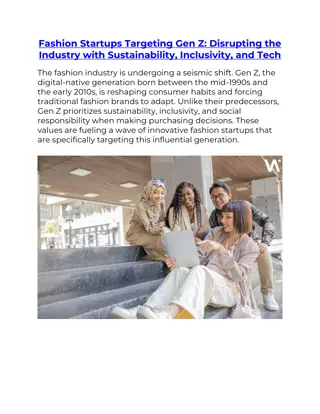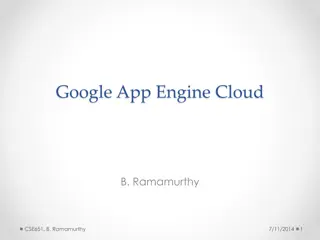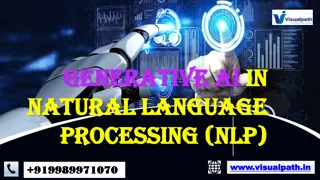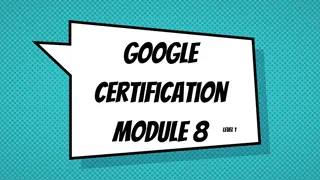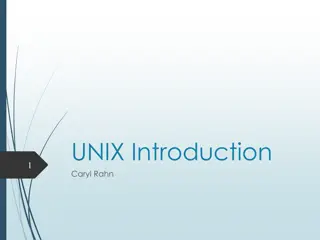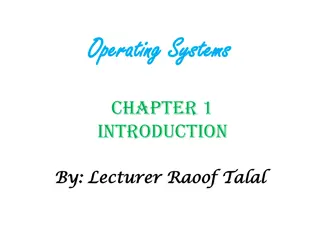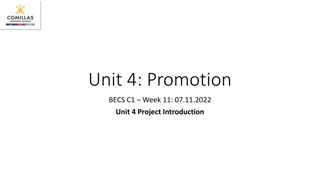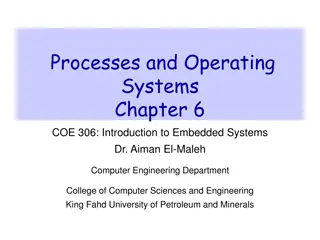Exploring Fuchsia: Google's Next-Gen Real-Time Operating System
Fuchsia is a cutting-edge real-time operating system (RTOS) developed by Google, designed to run on various devices from embedded systems to smartphones and personal computers. Unlike Android and Chrome OS, Fuchsia is based on the Magenta microkernel and uses Flutter for app development, enabling cross-platform compatibility. The system's user interface, ARMADILLO, showcases placeholder interfaces with similarities to Android. Fuchsia's development involves Dart and C programming languages, with Magenta kernel targeting modern devices for advanced computation capabilities.
Uploaded on Sep 17, 2024 | 0 Views
Download Presentation

Please find below an Image/Link to download the presentation.
The content on the website is provided AS IS for your information and personal use only. It may not be sold, licensed, or shared on other websites without obtaining consent from the author. Download presentation by click this link. If you encounter any issues during the download, it is possible that the publisher has removed the file from their server.
E N D
Presentation Transcript
FUCHSIA (Successor of android) BY Rishabh Sachdeva
NAME ORIGIN PINK + PURPLE = FUCHSIA
FUCHSIA Fuchsia is a real-time operating system (RTOS) currently being developed by Google. A real-time operating system (RTOS) is an operating system (OS) intended to serve real-time applications that process data as it comes in, typically without buffer delays. It was first discovered as a mysterious code post on GitHub in August 2016, without any official announcement. Fuchsia's capability to run on universal devices, from embedded systems to smartphones, tablets and personal computers makes it much more awesome.
In contrast to prior Google-developed operating systems such as Chrome OS and Android, which are based on Linux kernels, Fuchsia is based on a new microkernel named "Magenta", derived from "Little Kernel , a small operating system intended for embedded systems. An embedded system is some combination of computer hardware and software, that is designed for a specific function or for specific functions within a larger system.
Fuchsia's user interface and apps are written with "Flutter", a software development kit allowing cross-platform development abilities for Fuchsia, Android and iOS. Flutter is used to build apps for both ANDROID and IOS from same codebase. System user interface of FUCHSIA is ARMADILLO . Currently Fuchsia has just a bunch of placeholder interfaces that don't do anything , though it has multiple similarities with Android, including a Recent Apps screen, a Settings menu, and a split-screen view for viewing multiple apps at once.
LANGUAGES USED DART: DART is a general purpose programming language used for web, server, mobile applications, IoT devices. It is a object oriented language C language: C is a general-purpose, imperative computer programming language C is a medium level language.
MAGENTA KERNEL MAGENTA is a project of Google Brain Team. Magenta kernel is developed by using another kernel called as little kernel(kernel for small embedded devices). Magenta "targets modern phones and modern personal computers with fast processors, non-trivial amounts of RAM with arbitrary peripherals doing open-ended computation."
ADVANTAGES FUCHSIA is highly secured because it uses capability based security model. FUCHSIA is made of light weight code. Works on all gadgets. It s GUI will be more easy compared to other. Faster processing with low usage of RAM.
Google Fuchsia: Will it replace Android? Possibly. Android is riddled with problems that Google has yet to fix. 1) there's fragmentation caused by hundreds of different devices from dozens of manufacturers using different, tweaked versions of Android rather than the latest, pure version. 2) there's an update problem. Google has an annual release schedule for Android updates, but it takes about four years for an update to fully flood the ecosystem. Although many of these problems are related to Android being open source - which means Google gives it to OEMs and carriers and lets them tinker with it. So may be in near future we might see fuchsia replacing android and ios.




